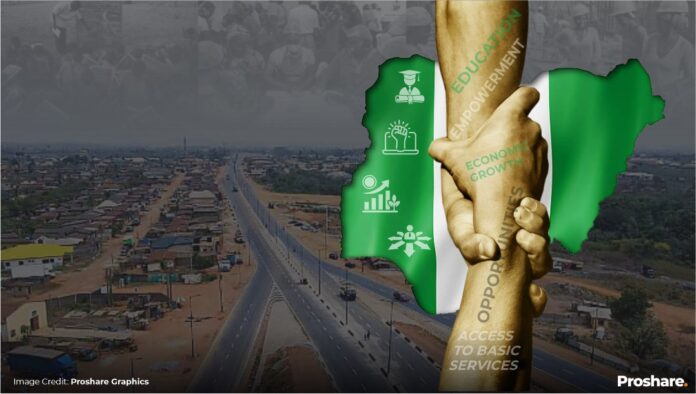Professor Sabastine Uremmadu, a renowned academic in Banking and Finance at Michael Okpara University of Agriculture, Umudike, has linked Nigeria’s worsening economic crisis to the removal of fuel subsidy by President Bola Tinubu. According to the professor, the decision was made without proper planning or supporting policies. He stressed that fuel costs directly impact all sectors of the economy and urged the government to restore the subsidy to ease the current hardship.
Professor Uremmadu also criticized the administration’s growing focus on taxation, stating that overtaxing citizens during an economic downturn only adds more pressure. He further pointed out that the President’s inability to assemble a competent economic team has worsened the situation, slowing down any meaningful recovery.
Bishop Sunday Onuoha expressed concern over the growing hunger and insecurity in the country. He advised President Tinubu to declare a state of emergency on both issues, warning that without urgent action, little progress can be made in the remaining two years of his tenure. The cleric described the level of hardship as alarming and said Nigerians are losing hope.
The Igbo Women’s Assembly (IWA) shared similar views, clarifying that Tinubu did not cause Nigeria’s problems but has failed to provide a clear path forward since assuming office. The group argued that two years into the administration, there is no visible progress, largely because appointments have been based on personal or ethnic connections rather than merit. They emphasized that competence, not sentiments, should guide decision-making if Nigeria is to move forward.
According to IWA, the administration lacks direction and appears overwhelmed by internal conflicts and conflicting interests. They added that many government decisions are blocked by those who feel their interests might be threatened. This, they believe, has created a system where real solutions are ignored, and governance is trapped in confusion.
The group also accused President Tinubu of approaching leadership with a mindset of entitlement, claiming he came into power with no clear plan. They questioned his ability to lead and argued that without the right capacity at the top, national progress is unlikely. In their view, Nigeria’s only path to recovery lies in a change of leadership by 2027. Until then, they believe citizens may have no option but to endure the current situation and hope for a more capable government in the future.

